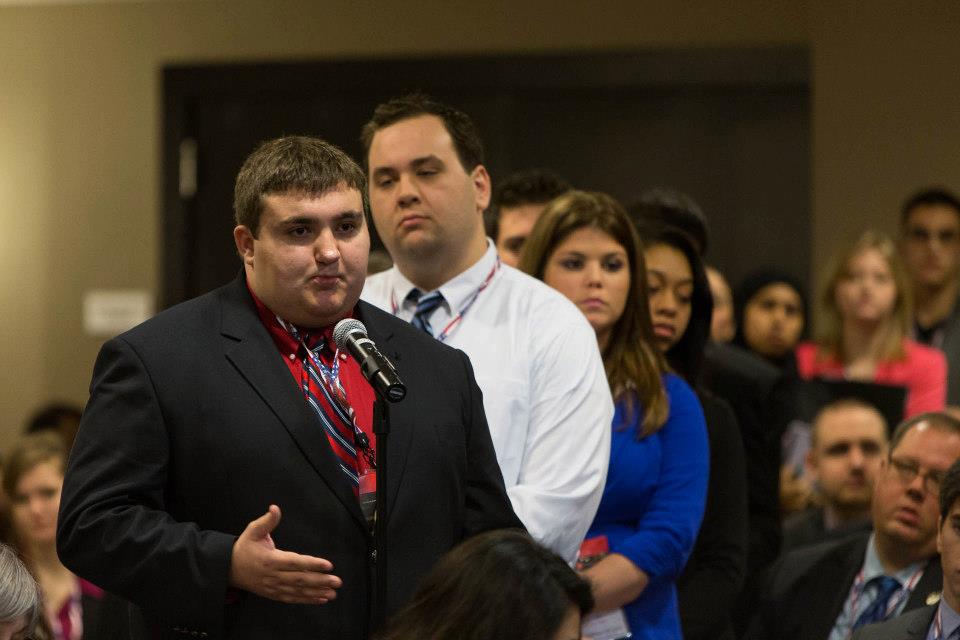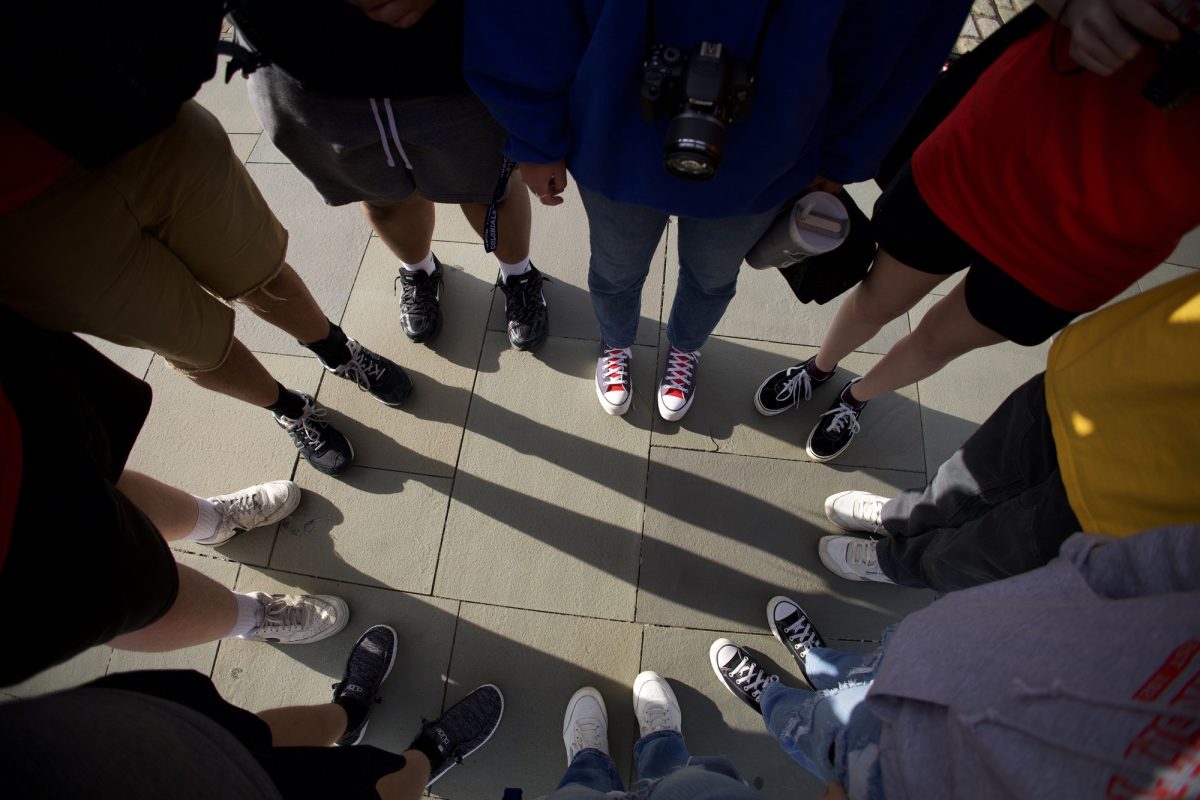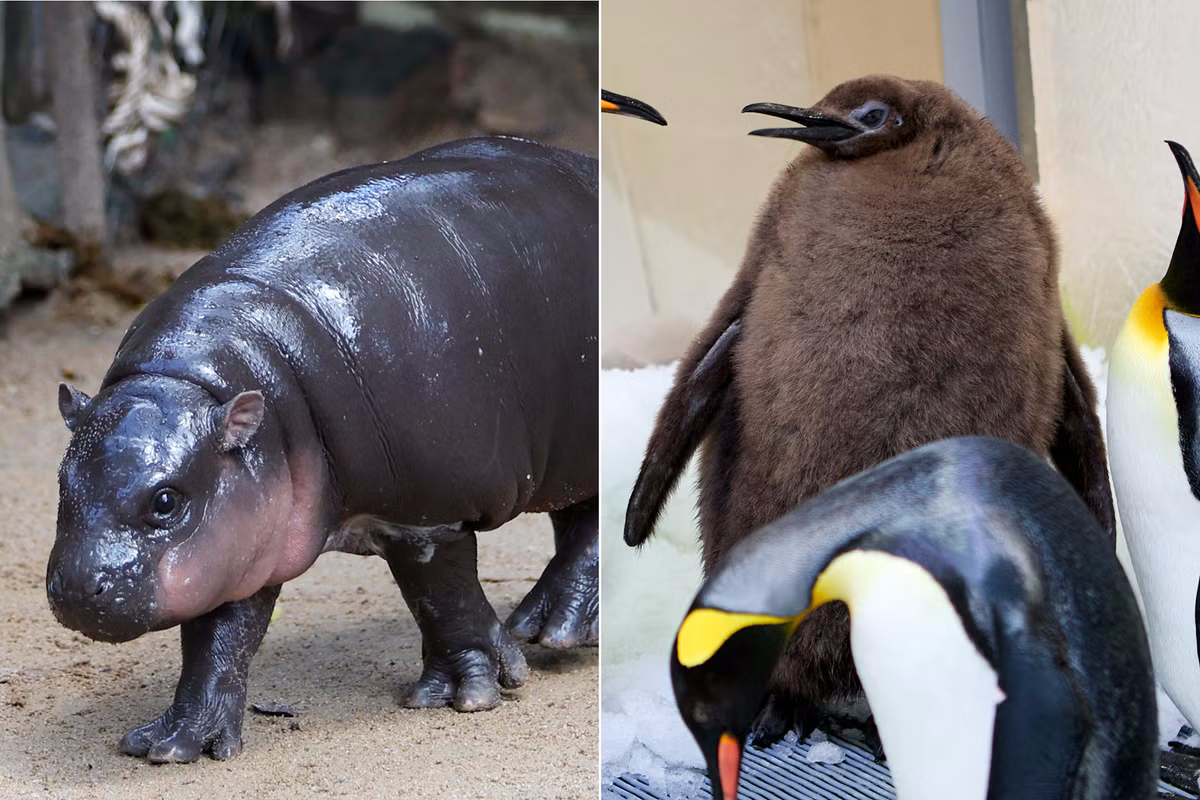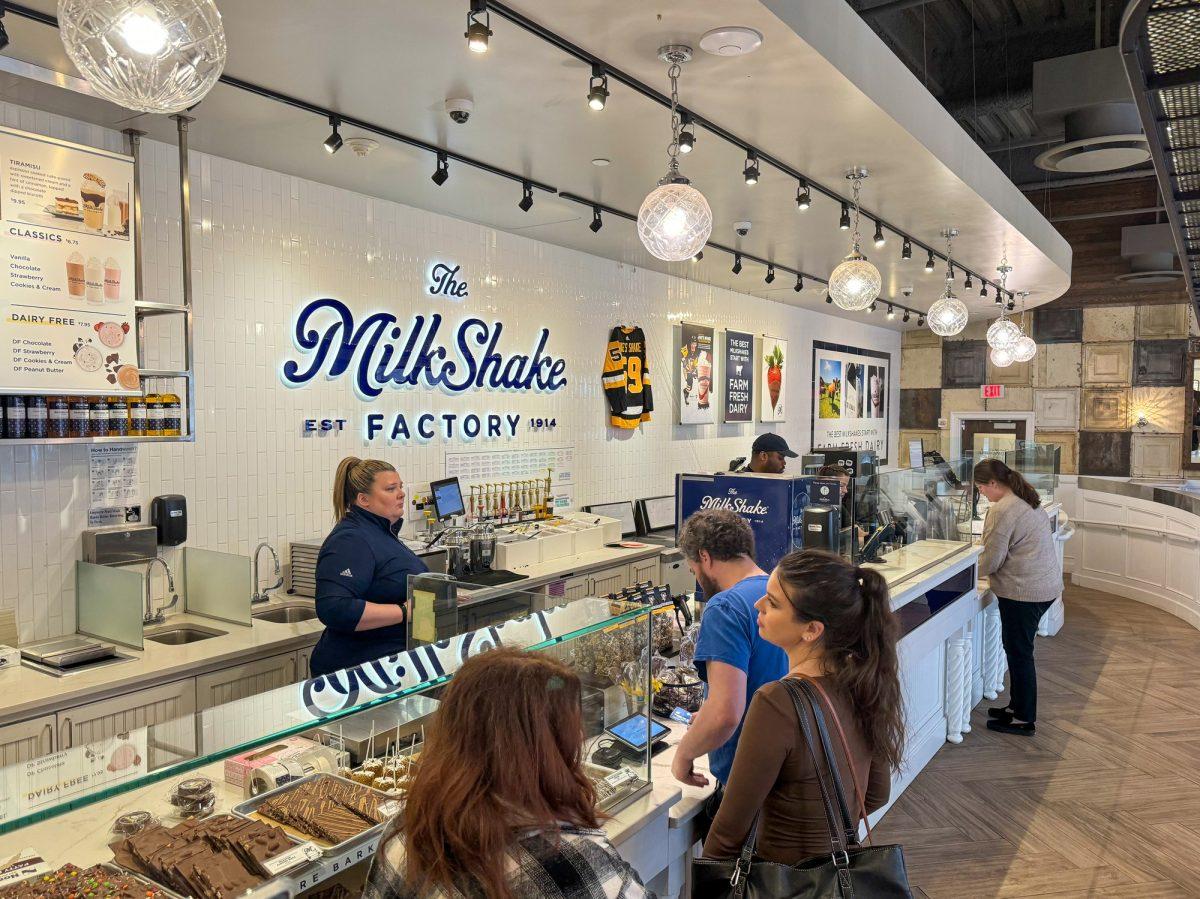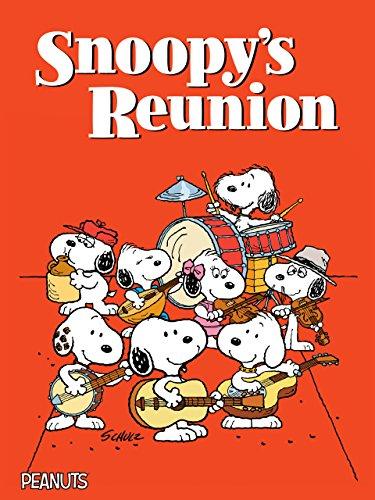For the past week, I have been in Washington D.C. participating in the Washington Center’s academic seminar that centers around the 2013 Presidential Inauguration that is set to take place on Monday.
Similar to four years ago, history will be made as millions of people from around the world travel to D.C. to witness President Barack Obama take his oaths and be sworn into office. The monumental ceremony marks the beginning of the President’s second term in office — a term that many hope will bring more success, compromise and solution into our governmental environment.
Over the past week, I’ve had the opportunity to hear from many of the top leaders in American politics and discuss the major problems that affect our society today with other students in our generation. I’ve learned vast amounts of information about the current situation in our government, that coming into the seminar, I had not previously thought about. The program has been an amazing experience for me, and one that I will surely remember as I continue to pursue politics in the future.
In the inauguration seminar, there are 400 total students participating, representing 46 different colleges and universities, 35 different states and 21 different countries. Out of the 400 students, we have been separated into a small group, mainly based on our individual universities’ location. The small group, which is led by two faculty members, is made up of the students whom you participate in group discussions with and travel to different site-visits every afternoon. The majority of the students in my small group were from Fairmont State University in West Virginia. Ranging from college freshman to graduate students, our group had many different people with different opinions and views, which productively affected our discussions.
The program followed the same format throughout the week. In the mornings, everyone gathered in an auditorium-like setting to sit in on a seminar, where all of the program’s guest speakers participated in discussion panels about different topics such as Obama in office, gridlock in congress, gun control, how the media affects political opinions and the national debt problems.
After each discussion was completed, the students were offered the opportunity to ask questions to the speakers. I was fortunate enough to ask Ken Walsh, U.S. News and World Report’s Chief White House Correspondent, a question about the similarities and differences between sports and political journalism.
Some of the other notable speakers included Eugene Kang, confidential aid to President Obama, Frank Fahrenkopf, Chairman of Commission on Presidential Debates, Susan Page, USA Today Washington Bureau Chief, Brian Lamb, Founder of C-Span, and Dr. Cornell West, political activist and professor emeritus at Princeton University.
After the seminar ended, usually around noon, our small group then travelled to site-visits throughout Washington D.C. Some of the places my group visited were the U.S. Capitol Building, a world-wide opposition research firm called The Brookings Institute, The Human Rights campaign headquarters and a few other notable places.
I also had the opportunity to attend a reception at the National Press Club, where we sat in the same room that some of the most famous speeches in American history have taken place.
All in all, I have loved every minute of the seminar this week.
As the inauguration takes place on Monday and the program winds down, I am sad that it is coming to an end. I strongly advocate this program to anyone who is interested in politics, pursuing a career in political science, or even just wanting to learn more about how our government works.
With the government in its current situation, the best thing our generation can do to best prepare ourselves for the future is to become informed.



